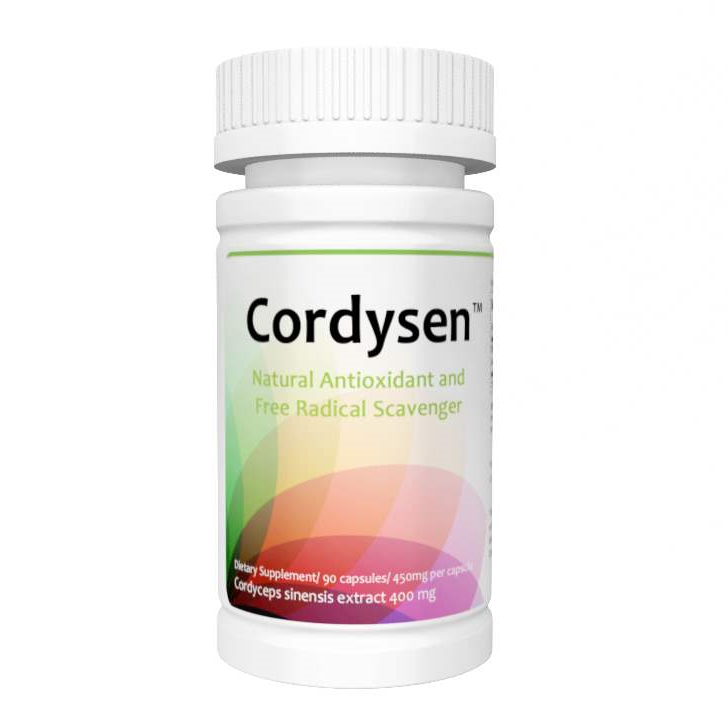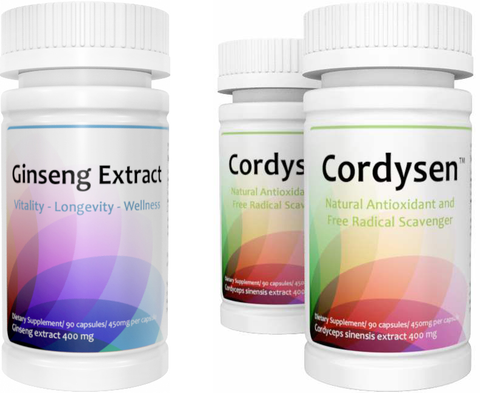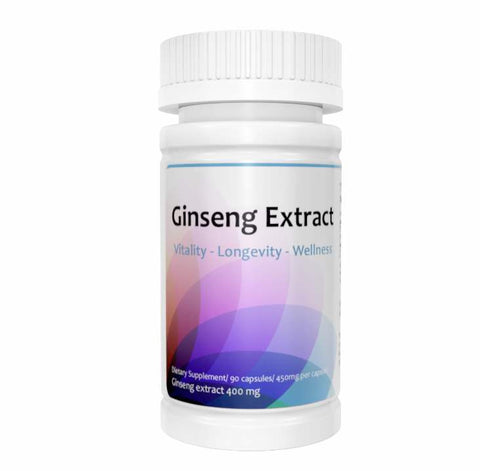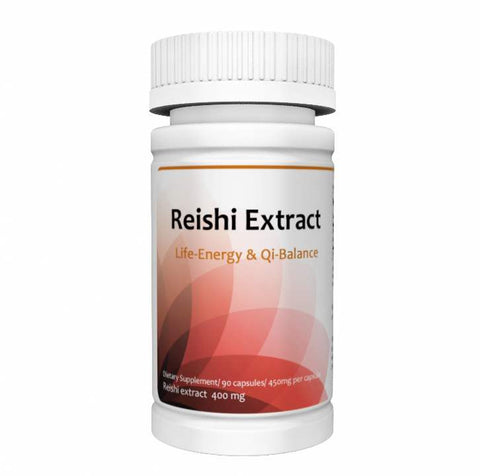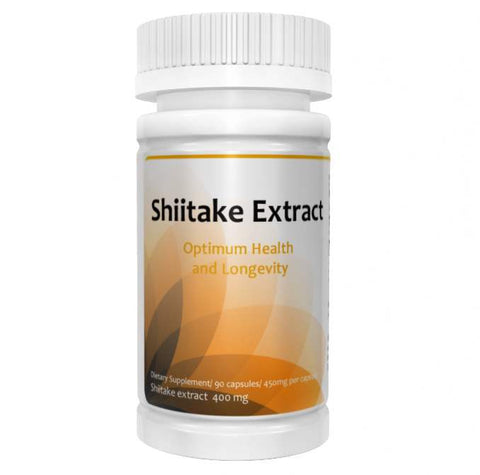Organic Cordyceps Extract
$53.95
English name: Cordyceps, Chinese Cordyceps
Botanical name: C. sinensis, Ophiocordyceps sinensis
Pharmaceutical name: Cordyceps sinensis
Part used: fruiting body, mycelium
Family: Ophiocordycipitaceae
Actions
Adaptogenic, tonic, hypoglycaemic, immunostimulant, hepatoprotective, cardioprotective, antiarrhythmic.
Cordyceps is a unique and amazing fungus that enhances almost every cell of the human body. Traditional Chinese medicine recognised Cordyceps centuries ago and has been using it to:
- increase vitality and longevity
- improve appetite
- regulate blood pressure and cholesterol level
- strengthen the cardiovascular system
- improve sexual energy and desire.
Clinical studies conducted in elderly patients with fatigue have shown significant decreases in fatigue and increases in ability to tolerate cold temperatures, improved memory and cognitive capacity, and sex drive. After taking Cordyceps for 30 days:
- 92% of individuals showed reduction of fatigue
- 89% showed reduction in feeling cold
- 83% showed reduction in dizziness.
Cordyceps sinensis has been used in traditional Chinese herbal medicine as a natural remedy for more than 2,000 years. The imperial Quing dynasty used Cordyceps for treating kidney and lung ailments, restoring physical strength and the immune system, and rejuvenating and enhancing sexual energy.
How can we explain the effect that Cordyceps has on a human health? The curtain of mystery has been reopened by the study of growth conditions and life cycle of the fungus.
The natural environment of Cordyceps sinensis is the mountainous areas of north-western China at an altitude of 3–5,000 metres above sea level. Climatic conditions are very severe, with average temperatures of 0.2–0.8°C, humidity of 50–70% and snow for 140 to286 days a year.
During the last 20 years, modern scientific methods have increasingly been applied to the investigation of a copious range of medicinal applications for Cordyceps in an attempt to validate what Chinese practitioners have noted for centuries.
Contraindications
Pregnancy and Lactation (due to insufficient data)
Suggested Use: One - two capsules daily, with food, or as directed by your health care professional or pharmacist.
Interactions
Cordyceps may increase the risk of bleeding when taken with drugs that increase the risk of bleeding. Some examples include aspirin, anticoagulants ("blood thinners") such as warfarin (Coumadin®) or heparin, anti-platelet drugs such as clopidogrel (Plavix®), and non-steroidal anti-inflammatory drugs (NSAIDS) such as ibuprofen (Motrin®, Advil®) or naproxen (Naprosyn®, Aleve®).
Customer Reviews
More Items to Consider
- Improves physical performance
- Increases energy levels
- Strong adaptogen
- Prevents respiratory tract infections
- Strong natural aphrodisiac
- Strengthen immune system
- Prolongs life span
- Prevents respiratory tract infections
- Strong antioxidant
- Regulates blood pressure
- Lowers cholesterol level
- Strengthen immune system
- Regulates blood pressure
- Lowers cholesterol level
- Prevents cardiovascular diseases
- Antitumor properties
- Prolongs longevity


